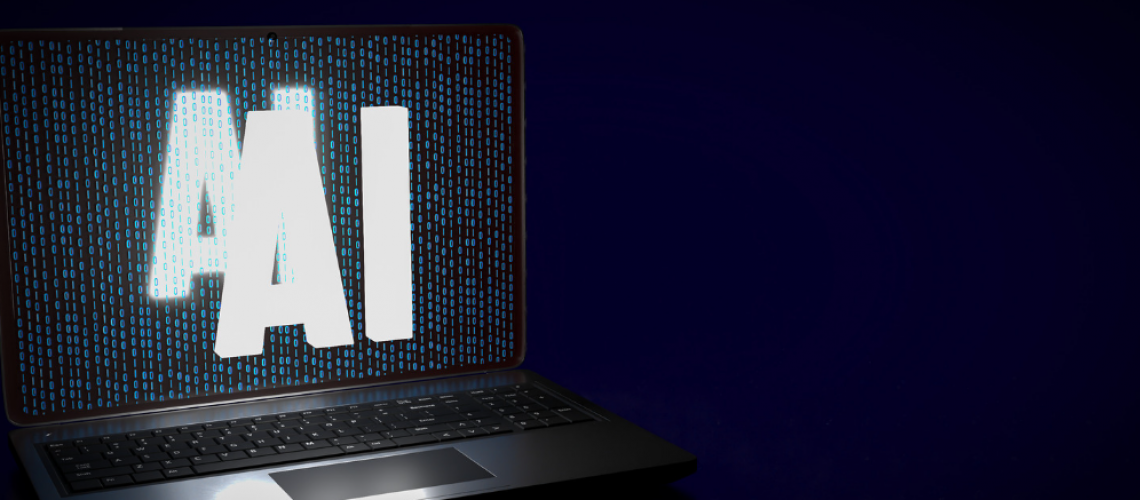Change is inevitable in the modern business landscape. As organizations grapple with rapidly shifting market conditions, technological advancements, and evolving customer expectations, effective change management becomes paramount. Enter Artificial Intelligence (AI) coaching, an emerging tool poised to revolutionize how businesses navigate change. But how does AI coaching stack up against traditional human-based coaching, and what are its implications for the broader enterprise?
The Value Proposition: AI vs. Human-based Coaching
- Scalability: One of AI’s strongest suits is its scalability. Traditional coaching, while immensely valuable, is limited by the number of available coaches and the time they can commit. AI coaching, on the other hand, can be deployed en masse, ensuring that every individual in an organization receives personalized support when navigating change.
- Consistency: Human coaches, with their individual styles and approaches, can sometimes introduce variability into the coaching process. AI systems, rooted in data and algorithms, offer a consistent coaching experience, tailored to each individual while maintaining a unified approach.
- Data-Driven Insights: AI coaches, through continuous learning and data analysis, can provide real-time feedback and actionable insights that are sometimes beyond human capability, especially when processing vast amounts of data.
Cost Efficiency in Deployment
Deploying AI for coaching can result in significant cost savings. Unlike human coaches who require compensation, training, and other resources, once an AI coaching system is developed and refined, it can be scaled at a fraction of the cost. The return on investment increases exponentially as more employees access and benefit from AI coaching.
The Risks and Mitigation
However, like any technology, AI coaching isn’t without its challenges:
- Depersonalization: One risk is the potential loss of the human touch. Building trust and rapport, which are fundamental in any coaching relationship, might be more challenging with AI.
- Mitigation: Combining AI with occasional human touchpoints can create a hybrid model that offers the best of both worlds.
- Data Privacy Concerns: As AI systems learn from user interactions, there are inherent risks related to data privacy and misuse.
- Mitigation: Robust data encryption, clear privacy policies, and allowing users control over their data can help alleviate these concerns.
- Over-reliance: There’s a potential danger in becoming overly reliant on AI, which might deter individuals from seeking human interaction when needed.
- Mitigation: Encourage a balanced approach where AI supplements rather than replaces human coaching entirely.
Leveraging Preferred Communication Methods
It’s no secret that in our digital age, many people prefer texting as a primary mode of communication. This trend works seamlessly with AI coaching. Text-based interactions facilitate quick, on-the-go coaching sessions, catering to the fast-paced lives of modern professionals. Furthermore, texting provides a written record, allowing users to revisit advice, feedback, and insights as needed.
As businesses face the unending tide of change, embracing AI coaching can be a game-changer. While human coaching will always have its irreplaceable value, the scalability, cost-efficiency, and alignment with modern communication preferences make AI a formidable ally in change management. With the right balance and safeguards in place, AI can significantly augment our change management toolkits, leading organizations into a future of adaptive resilience.






